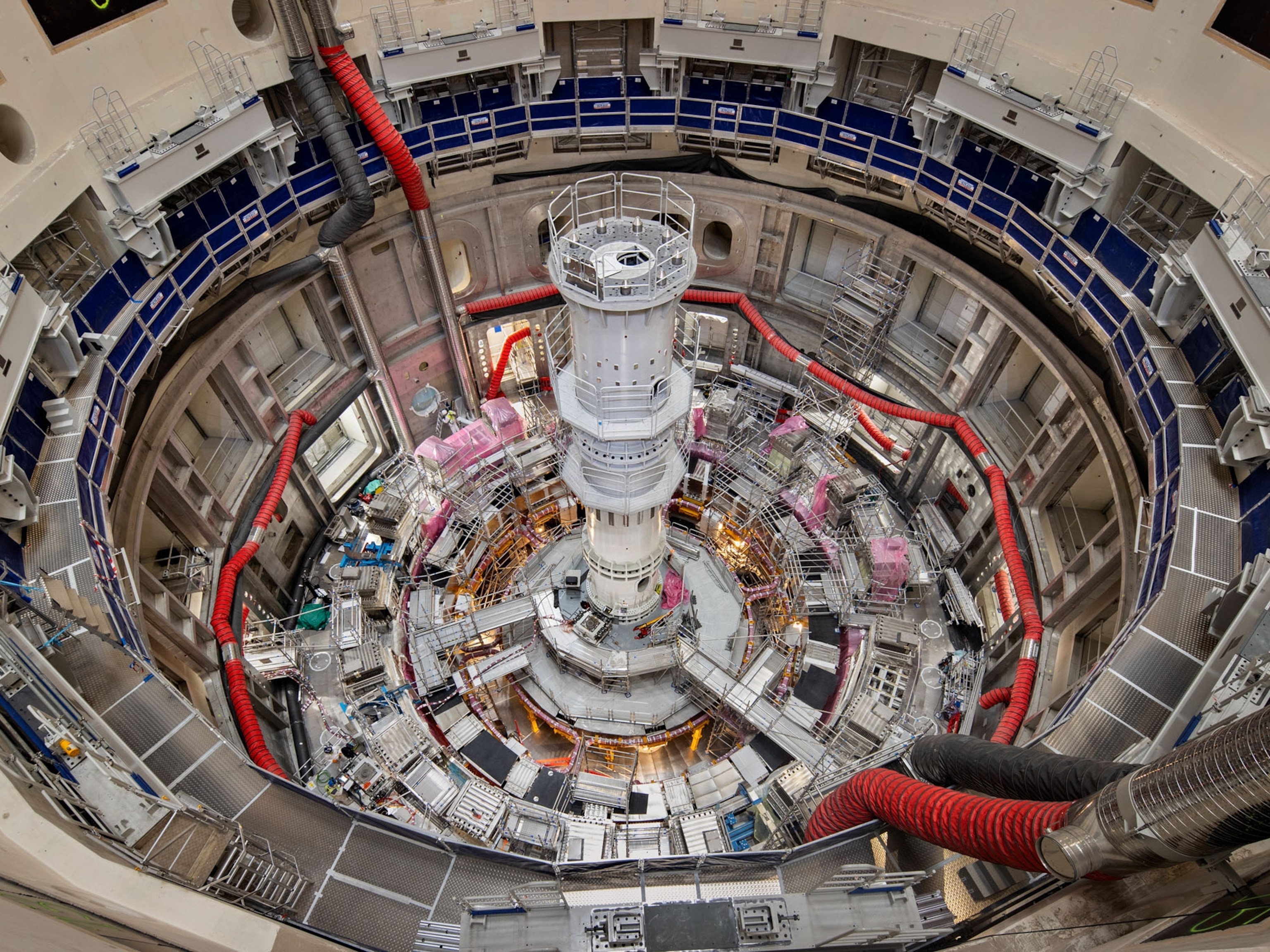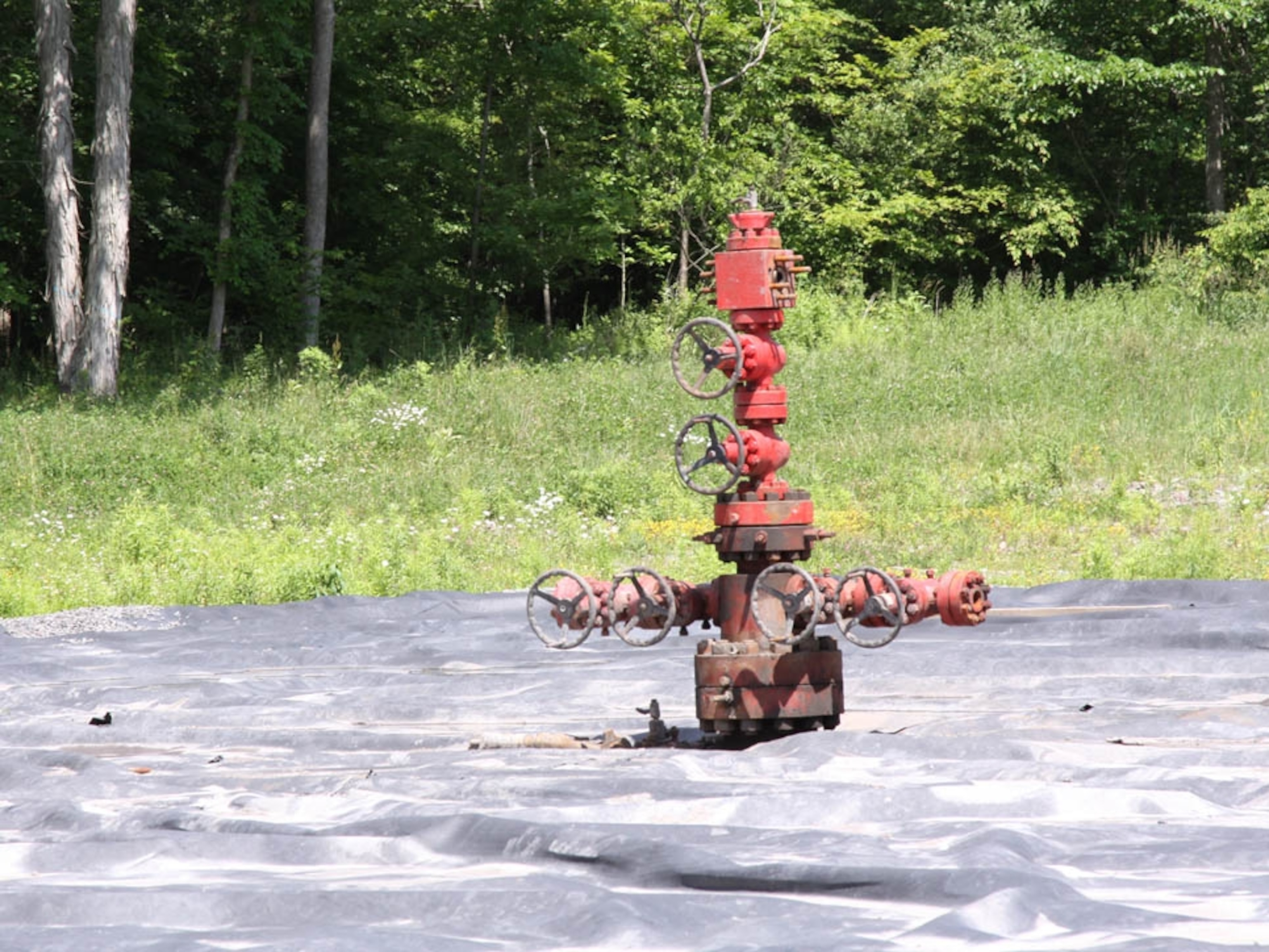
Fracking, Quakes, and Drinking Water: Your Questions Answered
We answer reader questions about the controversial method of extracting oil and gas known as hydraulic fracturing.
Does it really cause earthquakes? What about the impact on drinking water? These and other questions, including one about dinosaurs, surfaced when we asked what you want to know about fracking.
Some recognize the word as an expletive from the series Battlestar Galactica, but most know it as the more common version of frac—the industry term for hydraulic fracturing, the process used to extract oil and gas from the ground.
The controversial practice has revolutionized the oil and gas industry, leading to a U.S. energy boom. It’s also raised a lot of questions. Here are some of yours.
Quakes
Unknowns still exist, but there's little doubt that fracking activity does cause earthquakes, an issue raised by several readers including Quimby, above, and Michuel Nite. While quakes can be caused by hydraulic fracturing—the high-pressure injection of fluid and sand into rock, opening cracks that release oil and gas—more often, it's the underground injection of wastewater after fracking that is the culprit.
Last April, officials in Oklahoma—which saw a fivefold increase in quakes between 2013 and 2014—acknowledged the spike was likely caused by oil and gas industry's underground injections of wastewater. While Oklahoma has seen the most dramatic impact, as reader @Dawgnme notes, other states are seeing quakes from energy activity as well. The federal government has released a comprehensive analysis of the phenomenon, punctuating the risks for energy-producing states including Texas, Ohio, and Arkansas.
So if the link is established, "Why no action?" asked Afiba Johnson on Twitter. It depends on how you define action. Oklahoma's oil and gas regulator has ordered the operators of more than 500 oil and gas wastewater disposal wells to prove that they are not injecting wastewater below a certain threshold believed to boost the risk of quakes. In Colorado last year, officials temporarily halted wastewater disposal at a well in the northeastern part of the state because of temblors. Oklahoma and other states are grappling with the desire to keep oil and gas revenues flowing while preventing major damage or injuries from man-made quakes, most of which have been relatively minor.
Water Impacts
Other readers such as Ken Donnelly, above, Madeline McGuckin, and Steve Gould wanted to know whether fracking pollutes and/or diminishes water supplies. A U.S. government analysis released in June essentially concluded that in a small percentage of cases, hydraulic fracturing has contaminated or depleted groundwater.
Well operators add chemicals such as methanol and hydrochloric acid to the mix of sand and water injected underground. The concern is that those chemicals, many known to be poisonous and/or carcinogenic, can leach into the water supply, or that gas can escape into the tap water, rendering it flammable.
In Colorado, for example, the Environmental Protection Agency said that faulty well construction allowed methane and cancer-causing benzene to reach the drinking water supply. Still, the EPA found no evidence that fracking activity caused "widespread, systemic impacts" on the country's drinking water.
What about drought-plagued California, asks Kevin K.C. Navarro: Is water use for fracking cutting into the supply there? Water use for fracking has definitely been on the rise in recent years—check out our Energy Snapshot showing the spike—and soaked up 70 million gallons in California last year. But the overall volume of water used for fracking in the United States is less than 1 percent of the total, the EPA notes.
The real issue, according to experts such as National Geographic freshwater fellow Sandra Postel, is that fracking's high water intensity can stress water availability near the drilling site. Given that 9.4 million people lived within a mile of a fracked well between 2010 and 2013, local battles such as those in Denton, Texas, and Longmont, Colorado aren't surprising.
Methane Leaks
Scott McLaughlin refers to a key issue for the natural gas industry, which often positions itself as a clean alternative to coal. Leaks of methane, the main component of natural gas and a potent heat-trapping greenhouse gas, threaten to undercut the benefits.
The industry has taken measures to contain gas that escapes along various points in the chain from well to end user—see "Oil and Gas Industry Faces Its Methane Problem"—but critics say voluntary measures aren't enough. The Obama administration proposed rules earlier this year aimed at reining in the industry's emissions, though it only targeted new facilities, not existing ones.
Reducing methane emissions from the oil and gas sector is one of five key measures the International Energy Agency recently listed for addressing climate change. Some researchers in California, however, recently found that even without leaks, the shale gas fracking boom won't help reduce carbon emissions by much, in part because it could hinder the growth of solar and wind energy.
… And Dinosaurs?
Sounds like there's a good movie in there somewhere, but we're going to leave this question alone.



